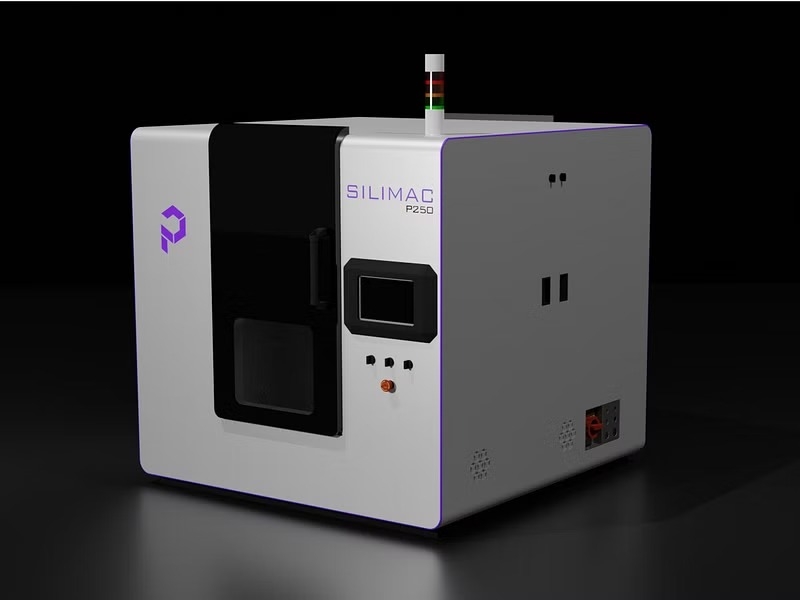3D printed implants that are prepared using Silimac can be personalised not only in terms of shape, size and contour, but also in terms of weight, stiffness and touch and feel, making it a complete solution…reports Asian Lite News
Prayasta, winner of this year’s National Startup Technology Award, on Wednesday launched the world’s first 3D printer for implant-grade silicone that will be housed at the Centre for BioSystems Science and Engineering (BSSE), Indian Institute of Science (IISc).
An MoU was signed earlier this year to formalise this partnership.
“We are excited to join hands with Prayasta as it offers a production-ready 3D printing technology for elastomers such as silicone, and can positively impact the quality of healthcare delivery,” said Navakanta Bhat, Dean, Division of Interdisciplinary Sciences, IISc.
Prayasta’s specialised 3D printer, Silimac, can directly 3D print implant-grade silicone material to make an implant within the hospital itself. 3D printing allows personalisation of implants on a one-to-one basis, which not only improves the outcomes of surgeries for the patients, but also reduces the average time a surgeon spends for achieving the same results using standard implants.
3D printed implants that are prepared using Silimac can be personalised not only in terms of shape, size and contour, but also in terms of weight, stiffness and touch and feel, making it a complete solution.
As the world is moving towards personalised medicine, personalising implants makes even more sense as implants are going to be there in the patients’ bodies permanently for the rest of their lives.
Prayasta has also developed a design methodology called Novel Internal Architecture using which can make breast implants rupture-proof and suturable, eliminating the risk of leakage and post-implantation displacements.
Prayasta and IISc will work together to accelerate the translation of personalised soft tissue implants from research to hospitals, to test the 3D printability of novel materials in a fast-track mode and also to develop the necessary skills for faster market penetration of 3D printing technology.
Vikas Garg, Co-founder, Prayasta, said, “Silicone is one of the best implantable materials today and yet not 3D printable. Conventional printers cannot handle implant-grade silicone due to its inherent two-part requirement for cross-linking, form factor and extremely high viscosity. That is why, we have taken a fresh approach and developed a novel 3D printing technology from scratch.”
“It’s an absolute honour to partner with one of the most premier science institutes in India. We look forward to creating the future of better and personalised healthcare solutions together,” added Shilpi Sen, Co-founder, Prayasta.
ALSO READ-DEWA sets Guinness record for first 3D-printed lab








